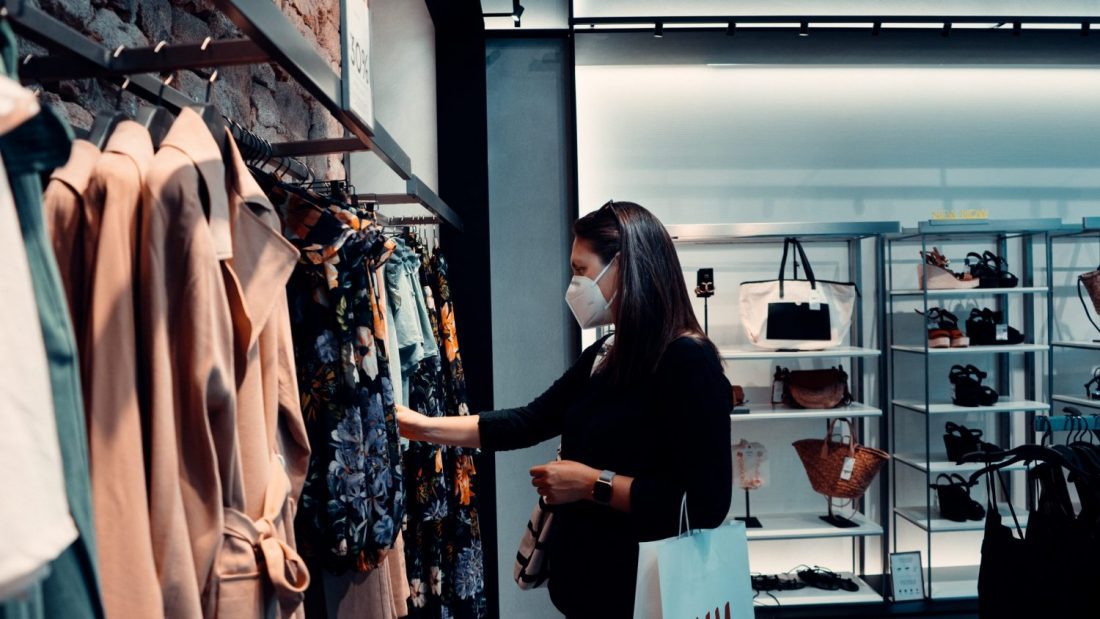Listen to this article
Listen to this article
Loading
Play
Pause
Options
0:00
-:--
1x
Playback Speed- 0.5
- 0.6
- 0.7
- 0.8
- 0.9
- 1
- 1.1
- 1.2
- 1.3
- 1.5
- 2
Audio Language
- English
- French
- German
- Italian
- Spanish
Open text
‘no ceilings’. the global status of women. gates foundation co-chair melinda gates along with former secretary of state hillary clinton and clinton foundation vice-chair chelsea clinton released the “no ceilings full participation report” on the global status of women at an event in new york city, coinciding with the 59th session of the united nations’ commission on the status of women. the report is the result of one year of global data aggregation in partnership with the clinton foundation and the bill melinda gates foundation along with the economist intelligence unit, ucla world policy analysis center and fathom information design. it was released to mark the 20th anniversary of the beijing fourth world conference for women where the beijing declaration and platform for action, a global policy for gender equality, was ratified by 189 countries. it called for specific actions toward equality in 12 areas of concern for women worldwide and stated such radical things as “women’s rights are human rights.”. according to the report, while much progress has been made over the past 20 years towards those goals, we still have a long way to go. meaningful gains have been made in healthcare and access to primary school. globally, women are 42 percent less likely to die during childbirth today than they were 20 years ago and attendance at primary school is almost equal for boys and girls. most constitutions also include some type of language about gender equality. however, the report also highlighted areas where more work needs to be done. some of the key findings include that 1 in 3 women will experience physical or sexual violence in her lifetime, most often at the hands of her partner. the u.s. is one of only nine countries that still does not offer guaranteed paid maternity leave and women still work more hours than men every day without pay since, globally, they continue to bear most of the responsibility for domestic and parenting duties. one in four girls are married before her 18th birthday, which the data shows interferes with girls’ access to education thus hampering her ability to advance economically. “honestly, i continue to be disheartened by the data on women’s economic opportunities,” melinda gates said. “labor force participation, wage parity, access to technology…. the numbers aren’t good. but that’s what the report is for—to point out the areas that need attention. i am confident we will start making progress on economic empowerment in the near future.”. do good the heforshe campaign is an initiative of the united nations, developed by un women that seeks to engage men in the global fight for gender equality. visit heforshe.org to sign the pledge, donate and download an action kit that will help you implement the campaign in your community. on international women’s day, march 8, women disappeared from billboards, magazine covers and websites as a part of the not there yet campaign to raise awareness for the report and the progress that remains to be made toward gender equality. studies show that women’s empowerment benefits everyone. children benefit from women having more control over household income and when an equal amount of men and women participate in the workforce, economies grow faster. at the launch event, hillary clinton said, “when women and girls have an opportunity to participate, we can lift up not just ourselves but our families, communities, and even our countries…this isn’t just a story about women and girls. it is a universal story about the kind of world wewant.”.
Open context player
Close context player
Plays:-Audio plays count
‘no ceilings’. the global status of women. gates foundation co-chair melinda gates along with former secretary of state hillary clinton and clinton foundation vice-chair chelsea clinton released the “no ceilings full participation report” on the global status of women at an event in new york city, coinciding with the 59th session of the united nations’ commission on the status of women. the report is the result of one year of global data aggregation in partnership with the clinton foundation and the bill melinda gates foundation along with the economist intelligence unit, ucla world policy analysis center and fathom information design. it was released to mark the 20th anniversary of the beijing fourth world conference for women where the beijing declaration and platform for action, a global policy for gender equality, was ratified by 189 countries. it called for specific actions toward equality in 12 areas of concern for women worldwide and stated such radical things as “women’s rights are human rights.”. according to the report, while much progress has been made over the past 20 years towards those goals, we still have a long way to go. meaningful gains have been made in healthcare and access to primary school. globally, women are 42 percent less likely to die during childbirth today than they were 20 years ago and attendance at primary school is almost equal for boys and girls. most constitutions also include some type of language about gender equality. however, the report also highlighted areas where more work needs to be done. some of the key findings include that 1 in 3 women will experience physical or sexual violence in her lifetime, most often at the hands of her partner. the u.s. is one of only nine countries that still does not offer guaranteed paid maternity leave and women still work more hours than men every day without pay since, globally, they continue to bear most of the responsibility for domestic and parenting duties. one in four girls are married before her 18th birthday, which the data shows interferes with girls’ access to education thus hampering her ability to advance economically. “honestly, i continue to be disheartened by the data on women’s economic opportunities,” melinda gates said. “labor force participation, wage parity, access to technology…. the numbers aren’t good. but that’s what the report is for—to point out the areas that need attention. i am confident we will start making progress on economic empowerment in the near future.”. do good the heforshe campaign is an initiative of the united nations, developed by un women that seeks to engage men in the global fight for gender equality. visit heforshe.org to sign the pledge, donate and download an action kit that will help you implement the campaign in your community. on international women’s day, march 8, women disappeared from billboards, magazine covers and websites as a part of the not there yet campaign to raise awareness for the report and the progress that remains to be made toward gender equality. studies show that women’s empowerment benefits everyone. children benefit from women having more control over household income and when an equal amount of men and women participate in the workforce, economies grow faster. at the launch event, hillary clinton said, “when women and girls have an opportunity to participate, we can lift up not just ourselves but our families, communities, and even our countries…this isn’t just a story about women and girls. it is a universal story about the kind of world wewant.”.
Listen to this article

















